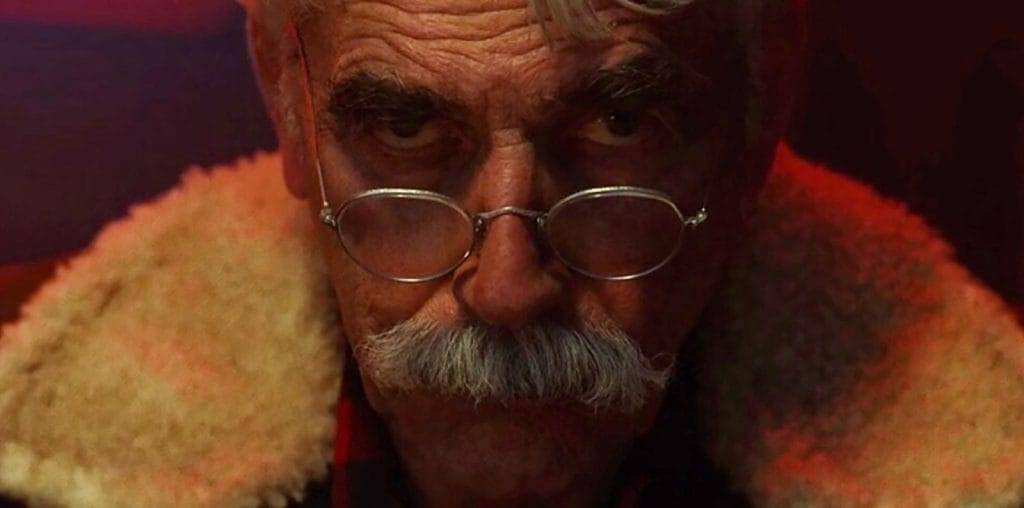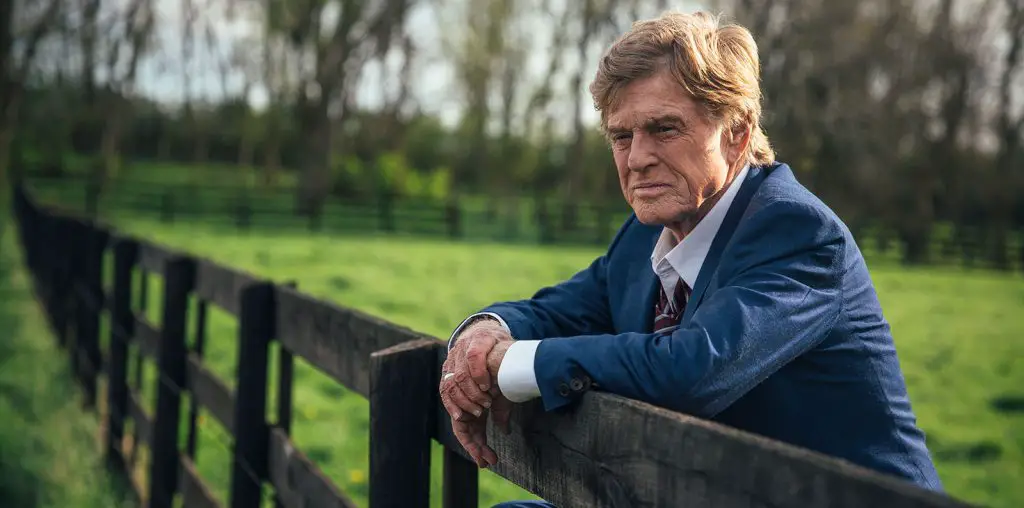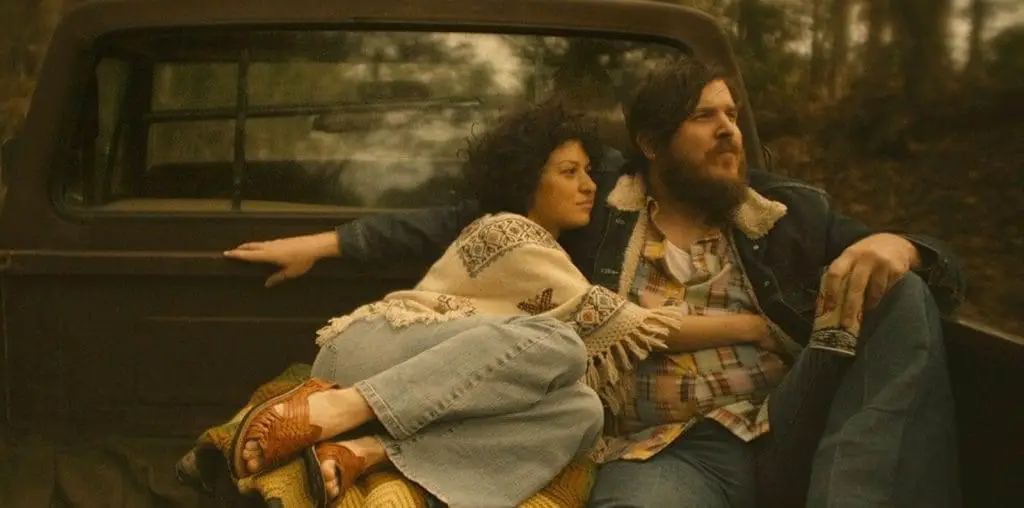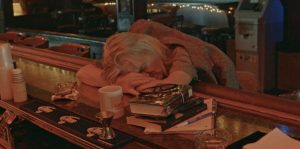
In a hole in the wall there lived the Roaring ‘20s, a scruffy Las Vegas bar that bit the bucket in 2016, surrounded by loved ones and the makers of Bloody Nose, Empty Pockets (Bill Ross IV and Turner Ross). Think of the bar as Jimmy Buffett’s private island of lost toys or a watering hole for all the animals who couldn’t run fast enough, missing legs and bits of their ears. The bar wasn’t merely a place to get a drink, but, to quote one of its refugees, “a place you can go when nobody else wants your a*s.”
Among those seeking shelter in the Roaring ‘20s is a Vietnam veteran who still has tears left for the way he and his buddies were treated when they got home. He talks about the brotherhood of war as if it were a city of gold that he desperately tries to convince others exists. Then there’s the long-haired, long-faced regular who’s so regular he begins the movie waking up at the bar in the morning and ends the movie walking out the next morning as if being evicted from his home. Two bartenders trade hands, with the late shift taking on double duty as mother—one hand keeping drunk men from combat and the other keeping her teenage son from getting drunk. You’ve also got a haggard old man who’s boss has the bar’s phone number, a guy who took a little too much LSD, and a woman who rocketed past middle-age to enter girlhood again, drunkenly flirting her way through every man in range.
“Think of the bar as Jimmy Buffett’s private island of lost toys…”
You get to know all these people and more through choice moments, skillfully plucked out among the footage. One of the moments may be stumbling into the middle of a conversation where an unsuccessful man—by conventional standards—is confidently laying out the key to success, inspired by a boozy spark of clarity. Another moment, just as evocative, might be a bout of silence, in which the camera lingers on a face that’s clearly drifted forty years into the past, reliving or rethinking whatever led them here. Even everyone watching Jeopardy and feeling stupid together feels momentous in its own way.
As you weave in and out of these choice moments, you truly feel immersed in this world that’s saturated in neon signs and John Prine. There’s a hard honesty to it. The people aren’t pretty. They probably aren’t sitting on much dough, either. They don’t even have that drunken Falstaff wit. They’re just day-to-day people who give each other’s life meaning, at least until closing time. The Ross Brothers don’t try to deify the closing of The Roaring ‘20s or preserve its memory in amber. This isn’t a feel-good story about the last day in a beloved bar where all the stray dogs come out of the rain to hide in and lick each other’s wounds. The last line in this bedtime story isn’t, “and even though the bar is gone, the bonds between its customers will last forever.” No, the dying words of the Roaring ‘20s aren’t that rosy or that intelligible.
You don’t see people like this or interactions like this in the movies unless they’re hopelessly overdone, to the point of drying out all the truth. Bloody Nose, Empty Pockets is a special movie for this reason and too many others that shouldn’t be read about but seen with your own eyes. Some half-assed internet research has informed/misinformed me that parts of the documentary might have been staged. Whatever it took to get the final product, I’m for it. A barfly impulsively mouthing the lyrics to Roy Orbison’s “Crying” while being serenaded by his bartender is what the movies were made for.
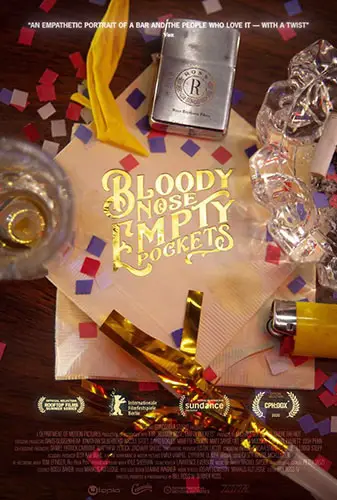
"…an unsuccessful man...is confidently laying out the key to success, inspired by a boozy spark of clarity."
